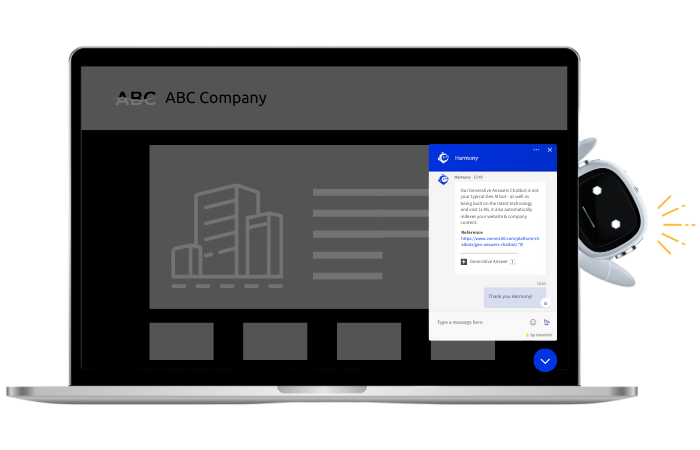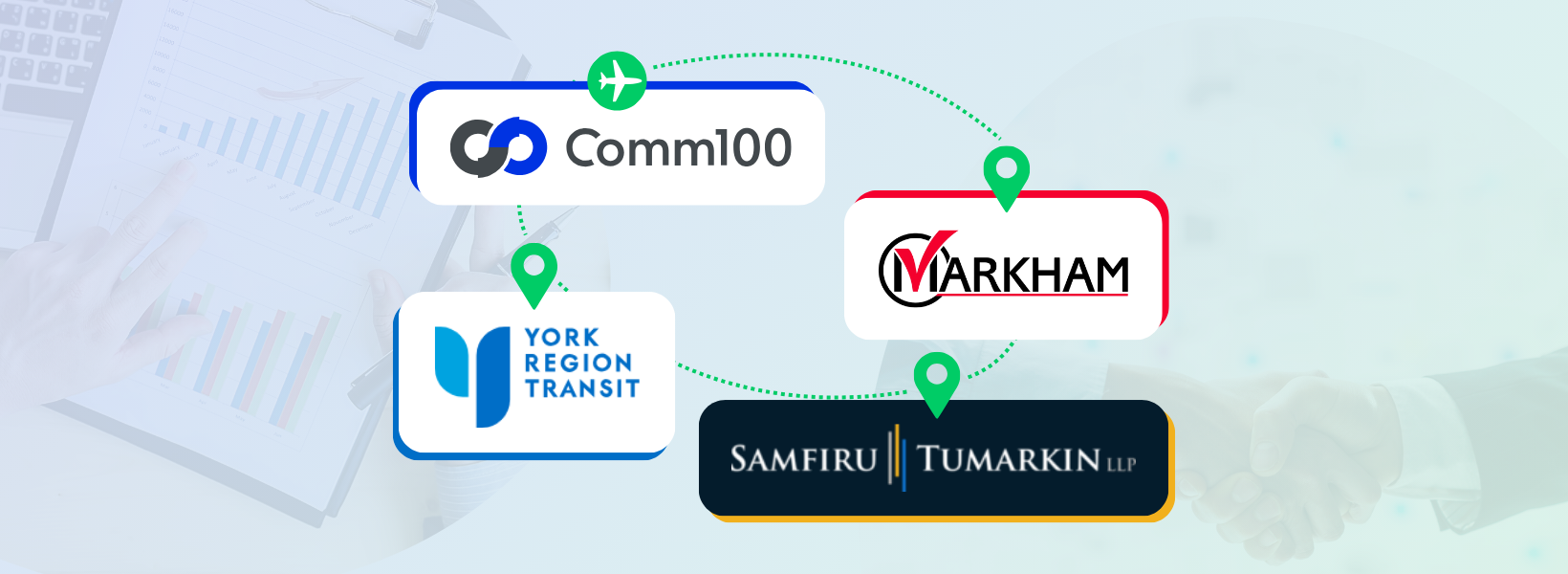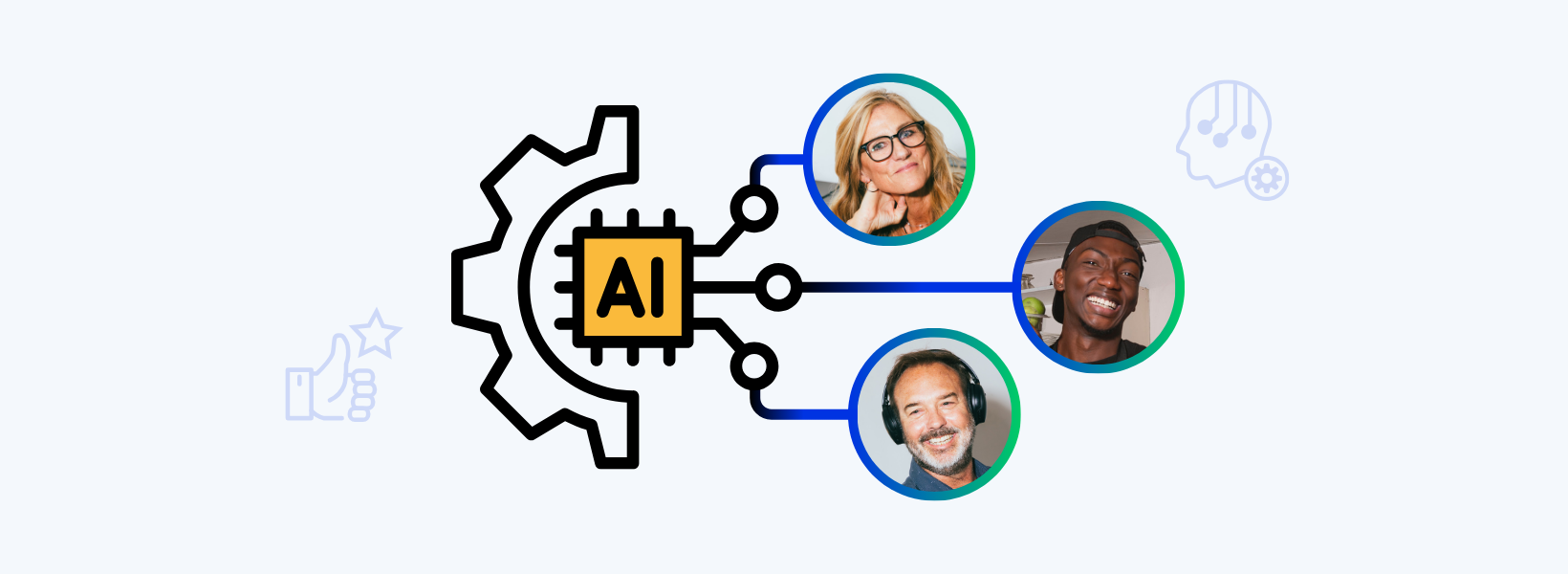AI is reshaping countless industries and services, and customer service is one such area that is changing for the better. Its main benefit is in allowing organizations to provide predictive support to their clients, catering to their needs 24/7 to address their concerns proactively.
In this article, we will discuss how the combination of AI and human intuition can be applied to a range of sectors to help solve problems preemptively. We will also consider how AI algorithms are used to process customer data patterns to predict their service requirements – dealing with issues before they even arise.
Depending on your niche, AI can do everything from ensuring vehicle safety through predictive maintenance to creating software that automatically adapts to the needs of the user. The result? An uptick in brand loyalty, something that makes the $323 billion spent yearly on loyalty management worth it.
Customer service: The current challenges
Traditional customer service procedures face many limitations, with human employees often subjected to stressful experiences daily. In this regard, AI can help relieve the stress by being integrated into a more structured approach to customer service. Basically, it provides the necessary rigidness, while humans can intervene only at a later stage of the process.
Furthermore, this level of automation helps employees better serve clients and addresses the key challenges that can impact customer satisfaction. In terms of obstacles, this often means dealing with:
- Difficulties when having to answer a query
- Difficulties comprehending the nature of the issue
- Excessive email backlog
- Transfers to other agents that happen too often
- Customers’ insistence to speak to a manager
- Situations where the customer is clearly at fault
- Abusive customers
- Unrealistic demands
- Burnout suffered by customer service agents and reps
Why AI and customer service are a perfect fit
In the context of customer service, AI uses a combination of algorithms, fine-tuned datasets, and natural language processing to automate and improve various processes. With proper application, this integration:
- Provides a greater customer experience
- Delivers a personalized service that can boost customer retention rates
- Reduces staff burnout
Another key benefit of using AI in customer service is the ability to better understand and predict the needs of the customer to address their concerns almost instantaneously. Traditionally, customers who have an issue would need to wait for a human representative to become available.
However, with technology such as AI chatbots, customers can receive a response instantly, regardless of whether a human is there or not, thereby saving time for both the customer and the business.
The benefits of AI in customer service also range beyond predicting the needs of the customer, with algorithms able to process data to provide valuable insights. For instance, a specialized AI model might be able to help online brands with earning links, which can enhance SEO rankings and brand awareness.
The Generative AI Chatbot You Can Rely On
Automate over 80% of all inquiries. Launch in 2 hours. Powered by the latest GPT and vast LLMs.
Learn more
Solution
The many uses of AI in customer service
At the mention of the abbreviation ‘AI’ many of us immediately think of automation and a lessened workload, especially in relation to customer service. But how is this accomplished, exactly? It’s simple—AI solutions can:
- Automate repetitive and time-consuming tasks to enable better productivity
- Provide 24/7 live chat support with the same level of quality
- Offers proactive, personalized suggestions to customers based on their history
- Gathers and analyzes data to provide customer insights
- Identifies customer intent to quickly get agents up to speed with the situation.
- Optimizes workflows to create a better, quicker service.
- Offers multilingual support.
- Delivers training and onboarding assistance to new customer service agents.
The role of AI in anticipating the needs of the customer
Analyzing data to provide accurate predictions is arguably the primary use of artificial intelligence. In terms of customer service, this technology drastically improves on traditional methods such as obtaining customer feedback through online surveys, for example.
By constantly monitoring and analyzing vast quantities of data (big data) AI can identify new trends, customer behaviors, customer preferences, common exit points in the customer journey, and much more. This monitoring activity can be applied to all channels, including social media, company websites, email, chatbot conversations, and customer support tickets.
Using these insights, businesses can make the necessary changes to improve their service offering.
AI in customer service: Use cases
First and foremost, the most impactful use case of AI in customer service is the ability to:
- Analyze the sentiment of customer engagements (posts and comments)
- Highlight areas where the product or service may not be meeting the needs of the user allows a business
- Take proactive measures to make improvements and remove any pain points that could damage customer satisfaction
Then, there’s the notion of accessibility—if a customer wants to edit PDF text for a particular form or contract, the AI can just do it instead and generate a completely new file, drastically reducing the number of ‘speedbumps’ along the customer journey.
Likewise, you shouldn’t forget about internal services, as in improving the conditions for your teammates. For instance, you can outsource Workday staff augmentation to a highly specialized open-source LLM, which can eventually result in the customer service department performing better than ever.
At the end of the day, the only way we can truly improve the customer experience, AI solutions must improve providing services both from the agent-facing and customer-facing standpoints.
How predictive customer service works
Predictive customer service works by collecting huge amounts of data and then using AI tools to process it and automate customer service tasks. This provides insights into what the customer wants and keeps manual input to a minimum to streamline workflows.
By evaluating historical data and behavioral patterns, AI can anticipate the needs and preferences of the customer to deliver a prompt and personalized experience. To do this, businesses need to use several AI-powered tools that make the most of this valuable data.
1. AI Chatbots
AI chatbots make it possible to provide support to customers at all times and in multiple languages. Virtual customer service agents can comprehend customer queries and provide relevant, logical answers to help them with their problems. This can range from providing information regarding a technical issue or even helping someone complete a transaction.
AI chatbots have improved significantly in terms of replicating human conversation, using natural language processing technology and machine learning algorithms In fact, many people may not even realize they are speaking to a machine.
2. Predictive Analytics
Predictive analytics allow businesses to understand customer behaviors and their various preferences at a much deeper and more actionable level. AI algorithms comprehensively analyze historical data to predict the needs of the customer, their habits, and buying intent, while also offering targeted recommendations that are much more likely to result in a conversion.
Beyond customer service, predictive analytics are necessary when using penetration testing software, enhancing the efficiency of tests, or launching a niche marketing campaign. Basically, anything and everything ambiguous and human-dependent is a good target for AI to preemptively analyze.
So, in one fell swoop, applying this predictive element to business analytics allows organizations to optimize their customer service offerings, as well as improve sales and efforts to increase engagement and conversions.
3. Natural Language Processing (NLP) and Emotion Recognition
Advancements in Natural Language Processing (NLP) and Emotion Recognition technologies are revolutionizing the capabilities of AI chatbots, bringing them closer than ever to human-like interactions.
By accurately identifying a customer’s mood and intent, AI can adjust its responses accordingly—adopting an empathetic tone when necessary, or providing concise, factual information when it’s called for. This nuanced understanding enhances the customer experience, making interactions with AI chatbots more satisfying and effective in addressing users’ needs.
Wrap-up
AI can be used in a multitude of ways and one key use is improving the customer service offered by businesses. AI is effective at predicting the needs of the customer which allows organizations to make proactive changes to improve the service offered.
Furthermore, AI also takes the pressure off customer service agents, helping to automate repetitive, manual tasks, analyze customer intent to direct queries to the relevant agent and streamline workflows for increased productivity.
The Generative AI Chatbot You Can Rely On
Automate over 80% of all inquiries. Launch in 2 hours. Powered by the latest GPT and vast LLMs.
Learn more
Solution






